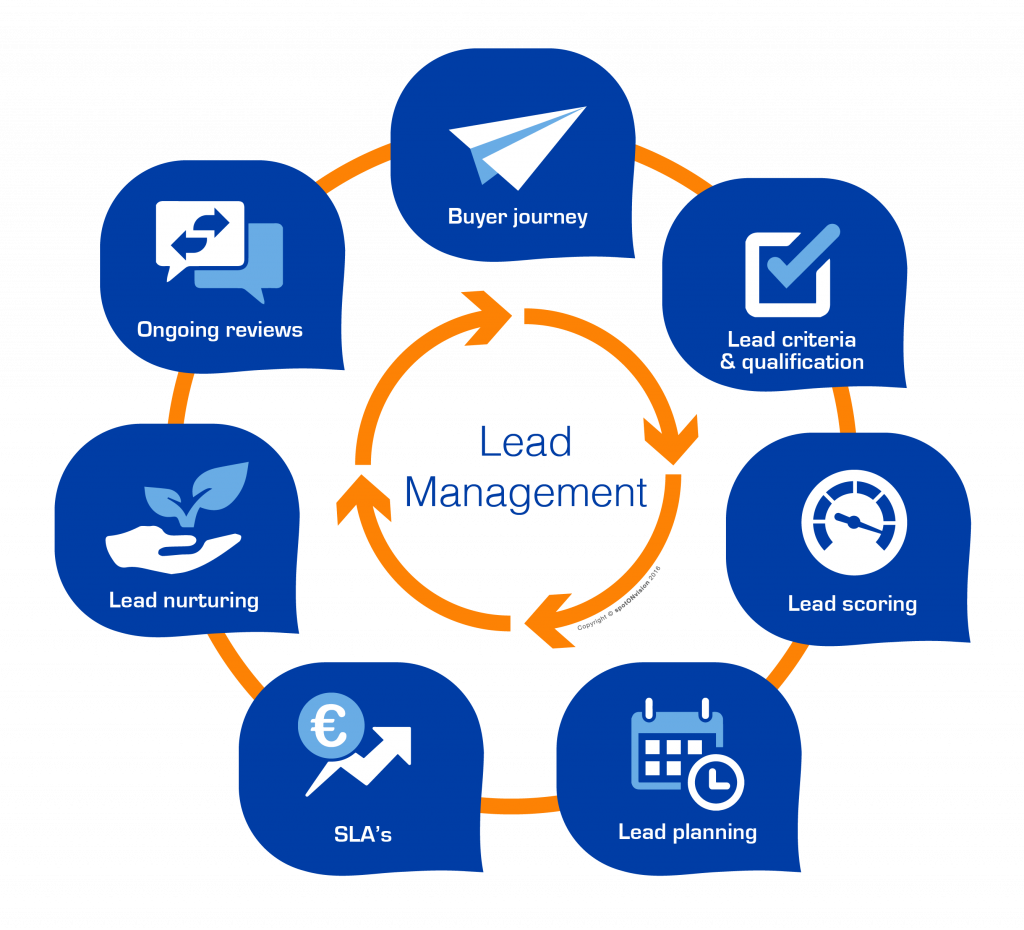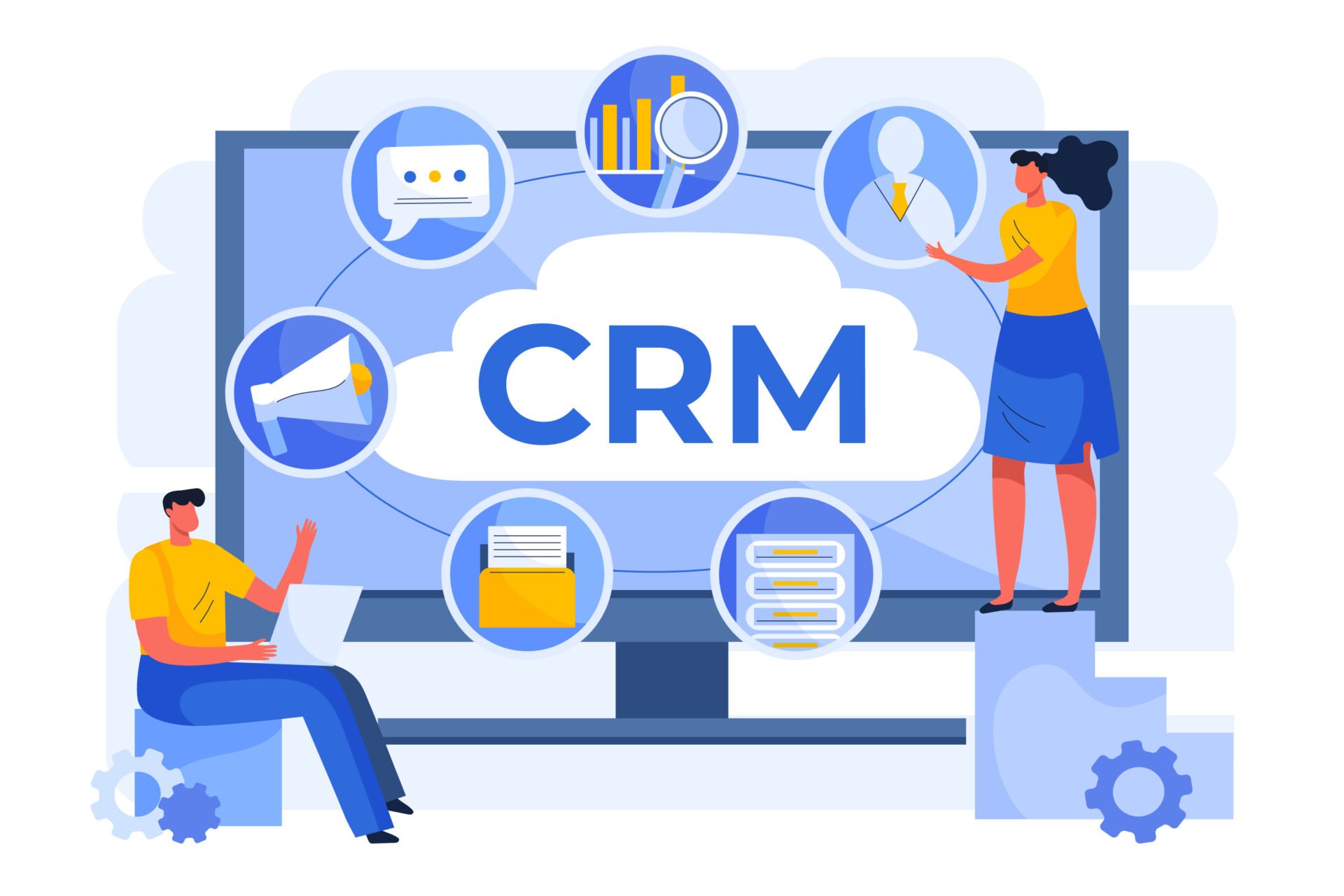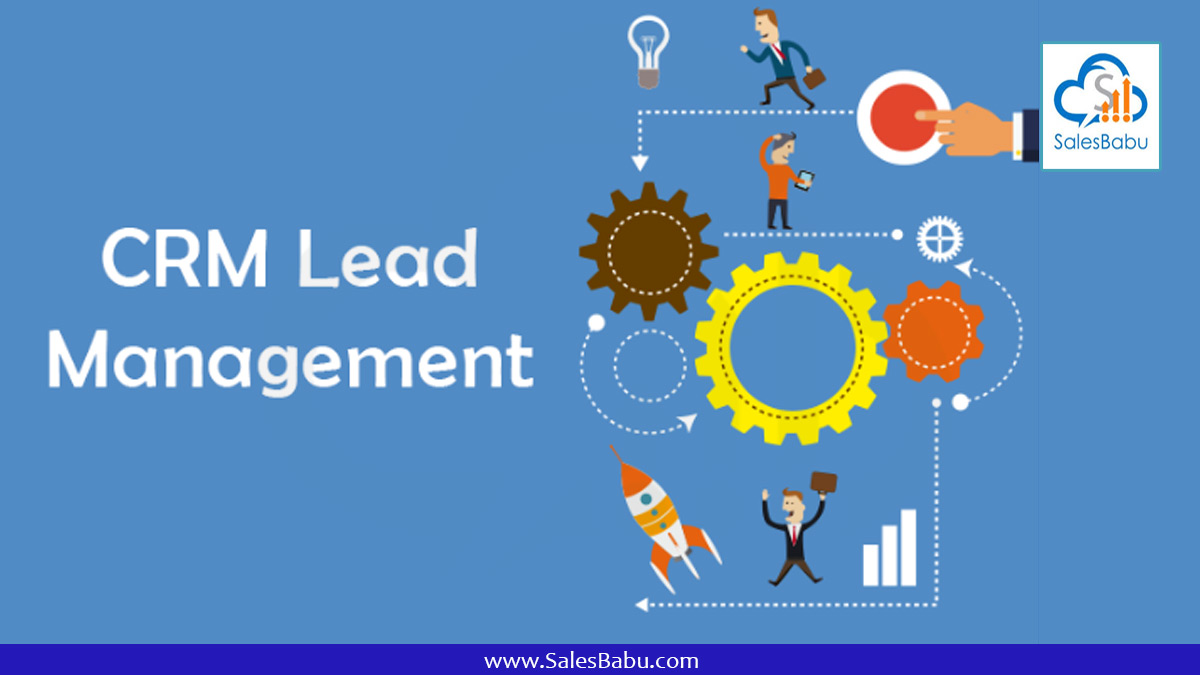In the realm of business, leads are the lifeblood that fuels growth. Harnessing the potential of a CRM for leads empowers businesses to streamline their lead management processes, nurturing prospects into loyal customers. This comprehensive guide delves into the benefits, features, and strategies of CRM for leads, equipping you with the knowledge to maximize lead conversion and drive business success.
CRM systems provide a centralized platform to capture, organize, and track leads throughout their journey. By automating lead nurturing and follow-up, businesses can enhance lead engagement, increase conversion rates, and improve overall sales performance.
Benefits of Using CRM for Leads

Customer relationship management (CRM) systems are essential tools for businesses of all sizes. They provide a centralized platform for managing all of your customer data, including leads. Using a CRM for leads can provide a number of benefits, including:
Improved Lead Tracking
CRM systems allow you to track all of your leads in one place. This makes it easy to see where each lead is in the sales process and what actions need to be taken next. You can also use CRM systems to track lead sources, so you can see which marketing campaigns are generating the most leads.
Increased Organization
CRM systems help you to organize your leads so that you can easily find the information you need. You can create custom fields to track specific information about each lead, and you can use filters to sort and group your leads by any criteria you choose.
Improved Follow-up
CRM systems can help you to stay on top of your lead follow-up. You can set up automated reminders to follow up with leads at specific intervals, and you can track the status of your follow-up efforts. This helps you to ensure that no leads fall through the cracks.
Increased Conversion Rates
By using a CRM to manage your leads, you can increase your conversion rates. CRM systems can help you to identify and qualify leads, and they can provide you with the tools you need to nurture leads through the sales process.
This can lead to more closed deals and increased revenue.
Key Features of a CRM for Leads

Selecting a CRM system specifically designed for lead management requires careful consideration of essential features that enhance lead capture, qualification, and nurturing processes. These features empower businesses to streamline lead management, optimize conversion rates, and build stronger customer relationships.
One crucial feature is the ability to create and embed lead capture forms on websites and landing pages. These forms allow businesses to collect lead information such as name, email address, company, and industry, providing a valuable source of potential customers.
Lead Scoring, Crm for leads
Lead scoring is another essential feature that assigns a numerical value to each lead based on their demographics, behavior, and engagement. This scoring system helps prioritize leads based on their likelihood to convert into customers, enabling sales teams to focus on the most promising prospects.
Automated Lead Nurturing
Automated lead nurturing campaigns are vital for engaging leads and moving them through the sales funnel. CRM systems with lead nurturing capabilities allow businesses to set up automated email sequences, personalized content, and targeted messaging to nurture leads and guide them towards making a purchase decision.
Data Integration and Analytics
Data integration is essential for a comprehensive view of lead data. CRM systems that integrate with other business applications, such as marketing automation platforms and social media tools, provide a centralized repository for all lead-related information. This enables businesses to track lead activity across multiple channels and gain insights into their behavior.
Analytics capabilities within the CRM system empower businesses to analyze lead data, identify trends, and measure the effectiveness of lead management campaigns. By tracking key metrics such as lead conversion rates, cost per lead, and ROI, businesses can optimize their lead management strategies and improve results.
Lead Management Strategies with CRM
Effective lead management is crucial for businesses to optimize their sales pipeline and drive conversions. A CRM system can empower businesses with a range of strategies to manage leads effectively, including lead segmentation, lead qualification, and lead nurturing.
Lead segmentation involves categorizing leads based on specific criteria, such as industry, company size, or job title. This allows businesses to tailor their marketing and sales efforts to each segment, increasing the relevance and effectiveness of their communication.
Lead Qualification
Lead qualification is the process of evaluating leads to determine their potential value and readiness for sales engagement. A CRM can automate this process by assigning lead scores based on their behavior, such as website visits, email engagement, or content downloads.
This helps businesses prioritize leads and allocate resources efficiently, focusing on those with a higher probability of conversion.
Lead Nurturing
Lead nurturing involves engaging with leads over time to build relationships and educate them about the business’s products or services. A CRM can automate this process by sending personalized email campaigns, providing access to valuable content, and tracking lead interactions.
This helps businesses nurture leads, move them through the sales funnel, and increase conversion rates.
CRM Integration with Other Systems

Integrating your CRM with other business systems, such as marketing automation, sales enablement, and customer support, can provide numerous benefits. By centralizing data and automating processes, you can streamline operations, improve communication, and gain a more comprehensive view of your customers.
Benefits of CRM Integration
- Improved data accuracy and consistency across all systems.
- Automated workflows and processes, reducing manual tasks and errors.
- Enhanced customer experiences through personalized interactions.
- Increased visibility into customer behavior and preferences.
- Improved collaboration and communication between teams.
Challenges and Best Practices of CRM Integration
Integrating CRM with other systems can present challenges, such as data synchronization issues and process misalignment. To ensure a successful integration, it’s crucial to:
- Define clear goals and objectives for the integration.
- Choose a CRM system that is compatible with your other business systems.
- Map data fields carefully to ensure accurate synchronization.
- Establish clear processes for data updates and changes.
- Monitor the integration regularly and make adjustments as needed.
Measuring the Success of a CRM for Leads

Assessing the effectiveness of a CRM system in lead management is crucial for continuous improvement and optimization. By tracking key metrics, businesses can gain insights into the impact of CRM on lead conversion, sales pipeline efficiency, and overall customer value.
Lead Conversion Rates
- Lead conversion rate measures the percentage of leads who take desired actions, such as scheduling appointments or making purchases.
- Tracking conversion rates helps identify areas for improvement in lead nurturing and qualification processes.
Sales Pipeline Velocity
- Sales pipeline velocity measures the speed at which leads move through the sales pipeline.
- A higher velocity indicates a more efficient sales process, resulting in faster revenue generation.
Customer Lifetime Value (CLTV)
- CLTV represents the total revenue generated from a customer over their lifetime.
- By tracking CLTV, businesses can assess the long-term profitability of leads and make informed decisions about lead acquisition and nurturing strategies.
Importance of Regular Performance Monitoring and Optimization
Regularly monitoring and analyzing CRM performance metrics is essential for ongoing success. By identifying areas of improvement, businesses can make data-driven adjustments to their CRM system and lead management processes. This iterative approach ensures that CRM remains aligned with evolving business needs and delivers optimal results.
Closure

In conclusion, CRM for leads is an indispensable tool for businesses seeking to optimize their lead management strategies. By leveraging the power of CRM, businesses can effectively capture, nurture, and convert leads into loyal customers, driving business growth and profitability.
Common Queries
What are the key benefits of using CRM for leads?
CRM for leads offers numerous benefits, including improved lead tracking, organization, and follow-up, leading to increased conversion rates and enhanced sales performance.
What are the essential features to look for in a CRM for leads?
Effective CRM for leads should include lead capture forms, lead scoring, automated lead nurturing, data integration capabilities, and robust analytics to optimize lead management.
How can businesses implement effective lead management strategies using CRM?
CRM enables businesses to implement strategies such as lead segmentation, lead qualification, and lead nurturing, helping them prioritize leads and allocate resources efficiently.
